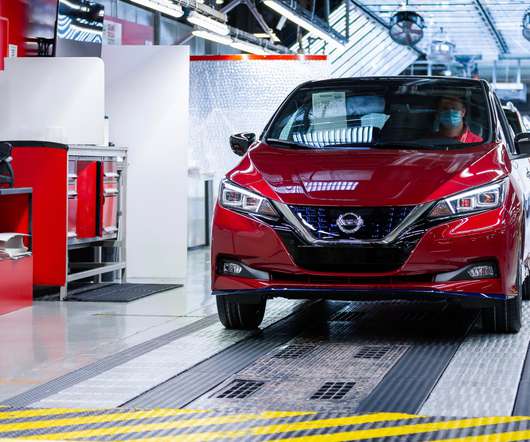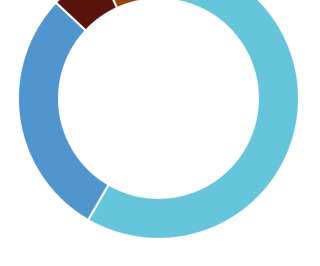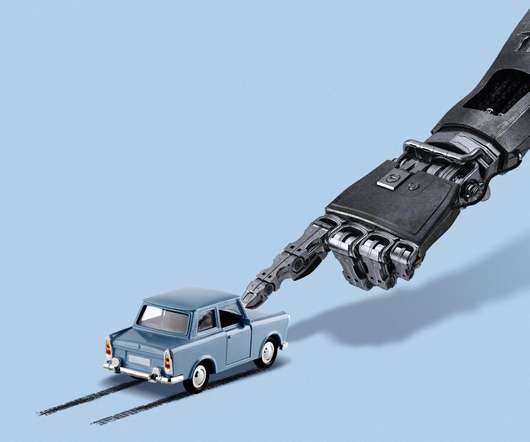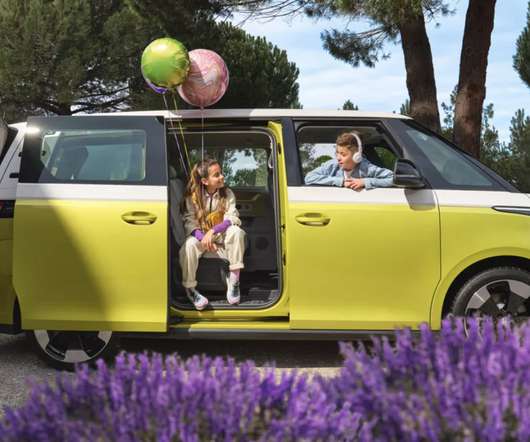UK steps up plan for EV transition, new gasoline cars banned from 2035
Green Car Reports
NOVEMBER 19, 2020
The United Kingdom government has provided additional details of a plan to end sales of new gasoline and diesel cars and light-duty commercial vehicles by 2035. government make up about one fifth of carbon emissions in the country, began in 2017, with an original target of 2040.
























Let's personalize your content